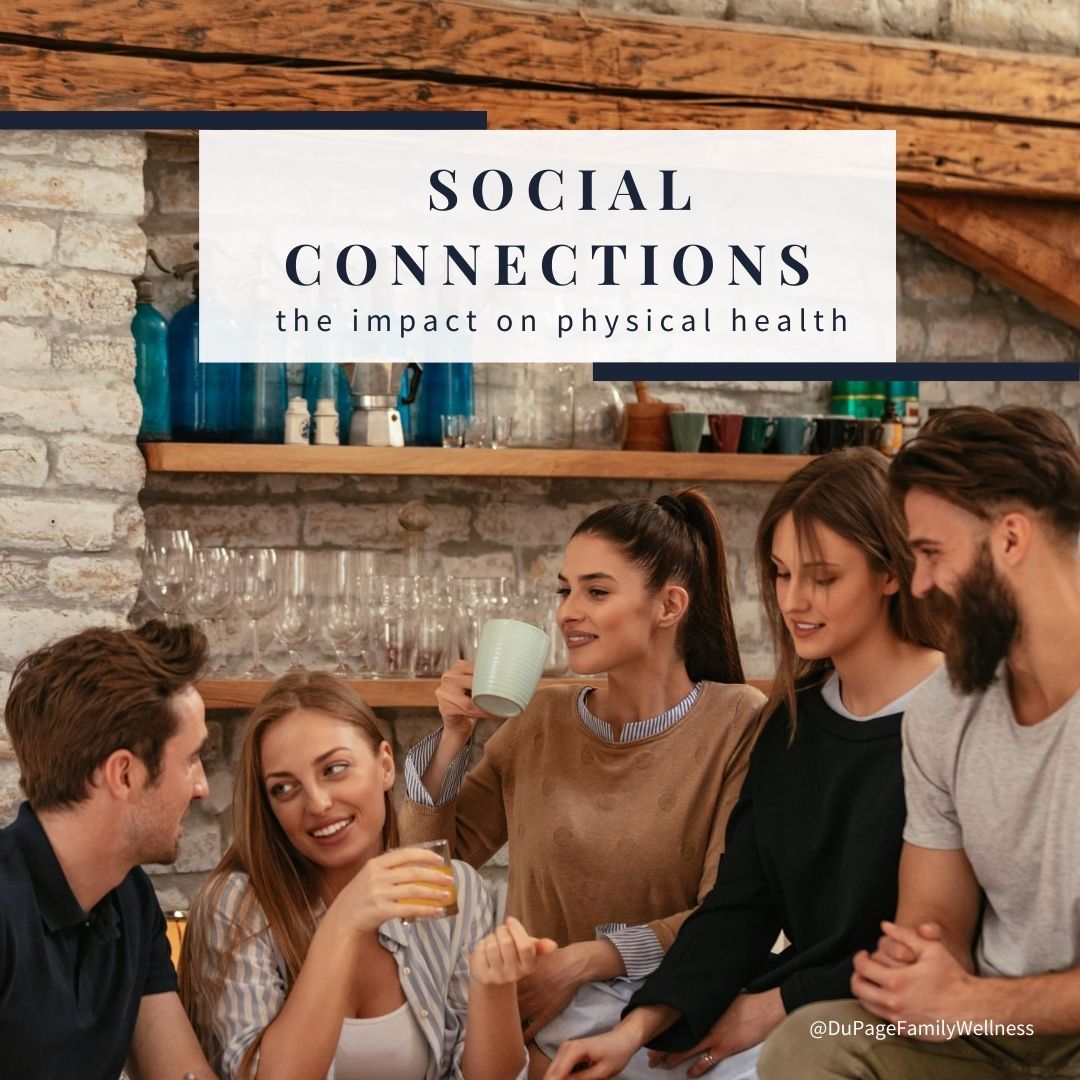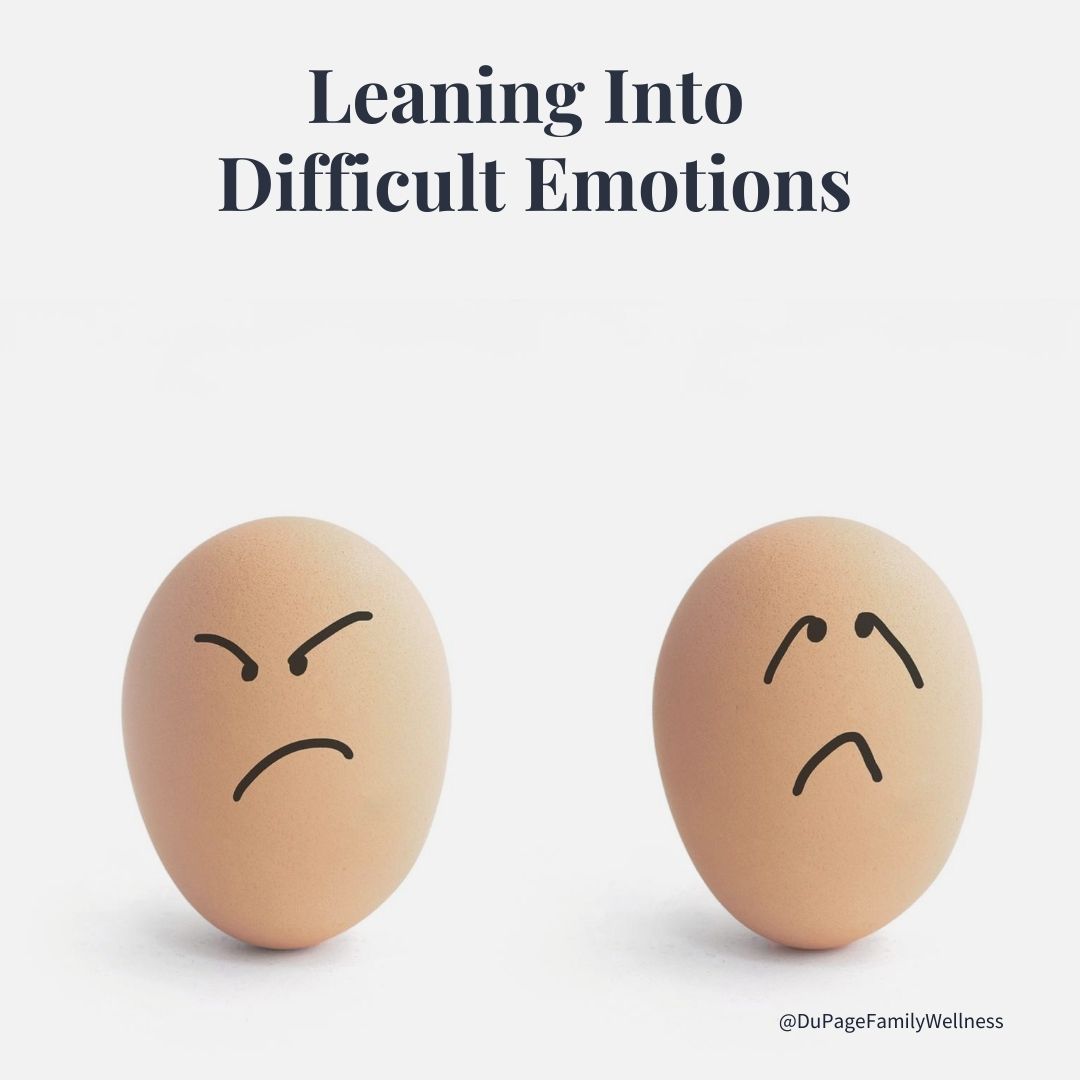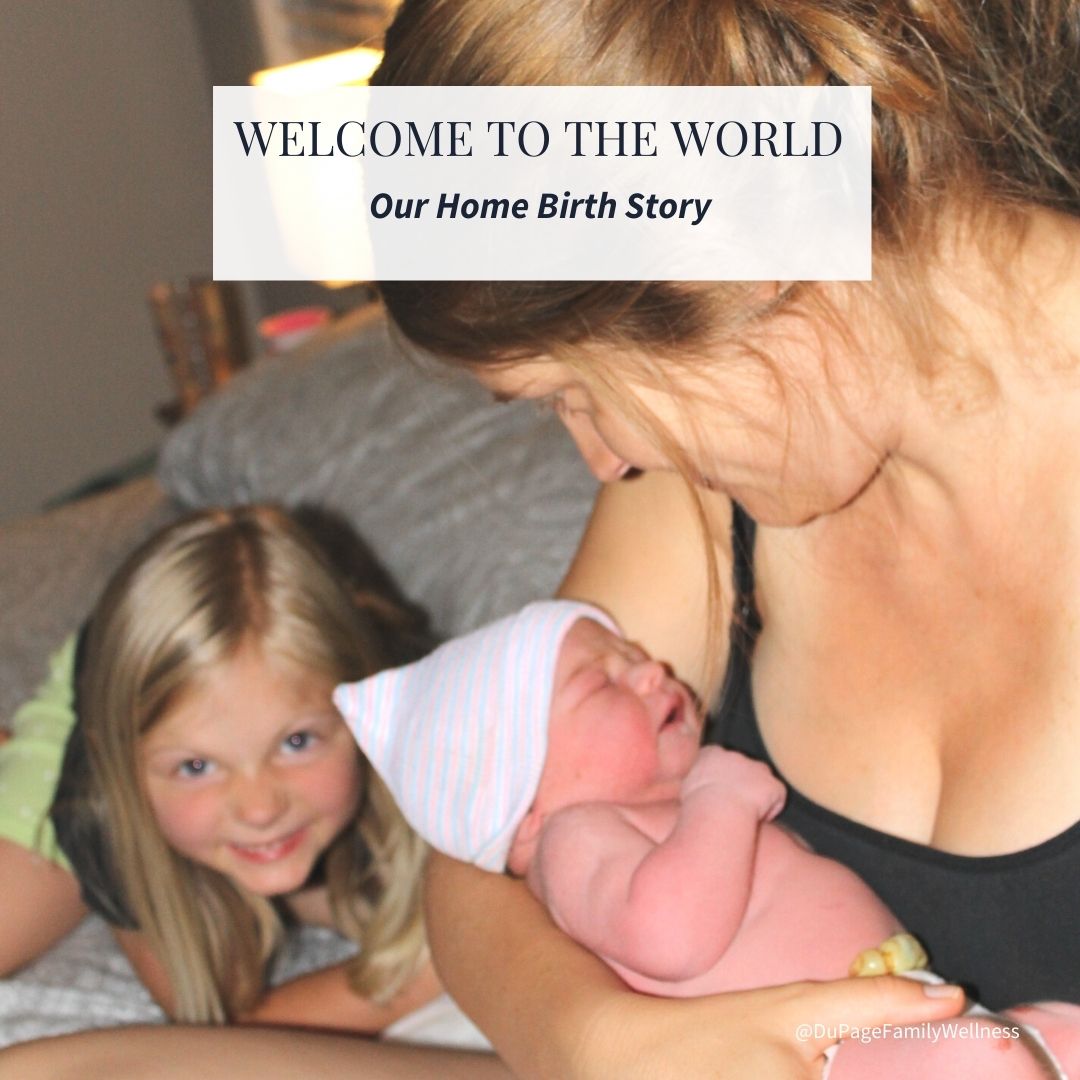Saturday morning began as any other morning, except that I was 11 days past my due date. I had only ever gone 5 and 6 days past my due date with the other babies, so this was uncharted territory.
We decided to go to the Farmer's market so we could get out of the house for a little bit. I had been having Braxton Hicks contractions with activity for days, so the slight contractions I was having that morning were nothing new.
When the girls went down for naps in the afternoon, I decided to take a nap as well. This time, I continued to have some light contractions while laying down. This was new, so I figured something was starting to shift. When I woke up around 2, I sent messages to my sister (who was going to be hanging out with our kids), our doula, and the midwife to let them know that maybe something was finally happening.
I called my parents to see if they would play with our big girls for the afternoon so I could relax. I took a bath while listening to a hypnobirthing meditation and continued to have light contractions, maybe every 10 minutes or so.
After the bath, my husband Jared and I went for a walk around the neighborhood in the light rain. I continued to have contractions every 7-10 minutes, but they were nothing intense. I could walk and talk through them, so I figured we were still very early in the labor process.
We picked up dinner and brought it over to my parents house. I didn't feel like eating, but sipped on a smoothie. Around 7 we headed for home. The plan was for my sister to come over to our house around 8. We set up air mattresses for both her and the doula so everyone could get some sleep, as I figured we'd be up in the middle of the night at some point once things picked up.
I called the midwife at 7:10 to check in and get her input on when would be a good time for her to come over. We decided that things still seemed a little early since I could still talk through contractions (but was starting to vocalize a little). She was going to finish up what she was doing and then drive over (30 minute drive) just to check in. Her assistant lives about 4 minutes from us, so she said if things were too early, she'd just go hang out there and drink coffee and wait close by for us to call.
Read more ...
 There are many things people know they must do if they want to be healthy: eat well, get adequate movement, refrain from smoking, and limit alcohol. But now we can add “enjoying social connections” to our list of healthy habits!
There are many things people know they must do if they want to be healthy: eat well, get adequate movement, refrain from smoking, and limit alcohol. But now we can add “enjoying social connections” to our list of healthy habits!
Social Connections Impact on Physical Health
Research is showing that social connections have a major impact on both our mental and physical health. It is not hard to believe that those who feel more connected with others tend to struggle less with anxiety and depression. They also have higher self esteem, greater levels of empathy, trust others more, and tend to be more cooperative.
While the impact of social connections on emotional wellbeing may be expected, the extensive impact on physical health may come as a surprise to many. According to Dr. Emma Seppala, the American Association for the Advancement of Science published a study that found that “a lack of social connection is a greater detriment to health than obesity, smoking and high blood pressure.”
A lack of social connections has been linked to obesity levels, inflammation, and hypertension. It may be shocking, but strong social connections actually improve your immune system and lead to a 50% increased chance of longevity. More research is needed to discover why social connections have such a dramatic impact on health, but the research is clear that social connections are extremely important if you want to live a long and healthy life.
Insights From the Research
- Research shows that the quantity of relationships is important both with teens and the elderly, while the quality of relationships matters more in midlife.
- It is also important to realize that you don't need to be physically with someone to have a social connection. If you feel seen, heard, and understood, that is enough to feel connected to others.
- Recognize that it is possible to feel isolated and alone, even if you are surrounded by people.
- Don’t underestimate the importance of feeling connected to yourself.
How to Cultivate Connection
In this season, with Covid-19 and the social distancing mandates, it is more important than ever to find ways to cultivate social connections. You may have to be creative, but your health is worth the effort.
Read more ...
 While Dr. Jamie is welcoming her new baby into the world, she still has your back!
While Dr. Jamie is welcoming her new baby into the world, she still has your back!
Dr. Jamie has arranged for three chiropractors that she trusts to care for her patients. Please reach out to any of these wonderful practitioners directly to schedule an appointment in one of their offices.
Dr. Jessica Leighton
Alliance Chiropractic & Acupuncture in Naperville 630-995-3189
Dr. Jessica Leighton (Flynn) graduated from National University of Health Sciences and Albion College after an internship at the Salvation Army in Chicago. While there she developed a passion for helping women during pregnancy and the postpartum phase.
Her clinic in Naperville is dedicated to women’s health and wellness, prenatal and postpartum care, as well as family chiropractic care. Acupuncture services complement her practice, and can specifically target enhancing natural fertility.
She supports both men and women, who are trying to conceive naturally and those navigating various fertility treatments. Her own fertility struggles enable her to understand the physical and emotional component to many fertility challenges.
Dr. Anita Dickerson
41 North Chiropractic & Soft Tissue Clinic in St. Charles 630-549-7870
Dr. Anita Dickerson graduated with a doctorate in chiropractic medicine from Western States Chiropractic College in Portland, Oregon.
She has devoted her career to treating patients with the Active Release Technique (ART), because she finds it to be the best technique for soft tissue issues. Her patients also receive gentle chiropractic adjustments, as well as guidance in balancing muscles.
Dr. Anita understands that balancing muscles involves more than simply identifying muscles that are either tight or weak. She realizes that it’s critical to determine why specific muscles are affected before starting to stretch or strengthen them.
She recognizes that exercises can be ineffective and counterproductive when applied too early. Once underlying problems have been corrected, she guides patients through specific exercises designed to stretch and strengthen muscles sequentially - making sure each muscle is capable of doing what it is intended to do.
Read more ...




 A Trip to the Farmers Market, a Nap, a Bath, & a Walk
A Trip to the Farmers Market, a Nap, a Bath, & a Walk There are many things people know they must do if they want to be healthy: eat well, get adequate movement, refrain from smoking, and limit alcohol. But now we can add “enjoying social connections” to our list of healthy habits!
There are many things people know they must do if they want to be healthy: eat well, get adequate movement, refrain from smoking, and limit alcohol. But now we can add “enjoying social connections” to our list of healthy habits! While Dr. Jamie is welcoming her new baby into the world, she still has your back!
While Dr. Jamie is welcoming her new baby into the world, she still has your back!